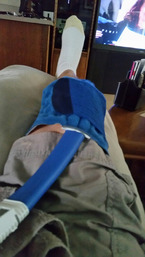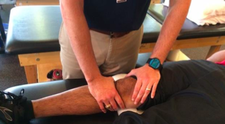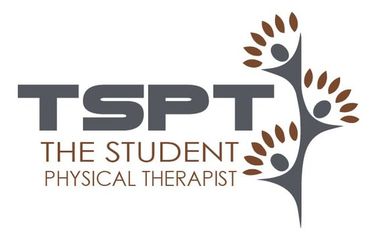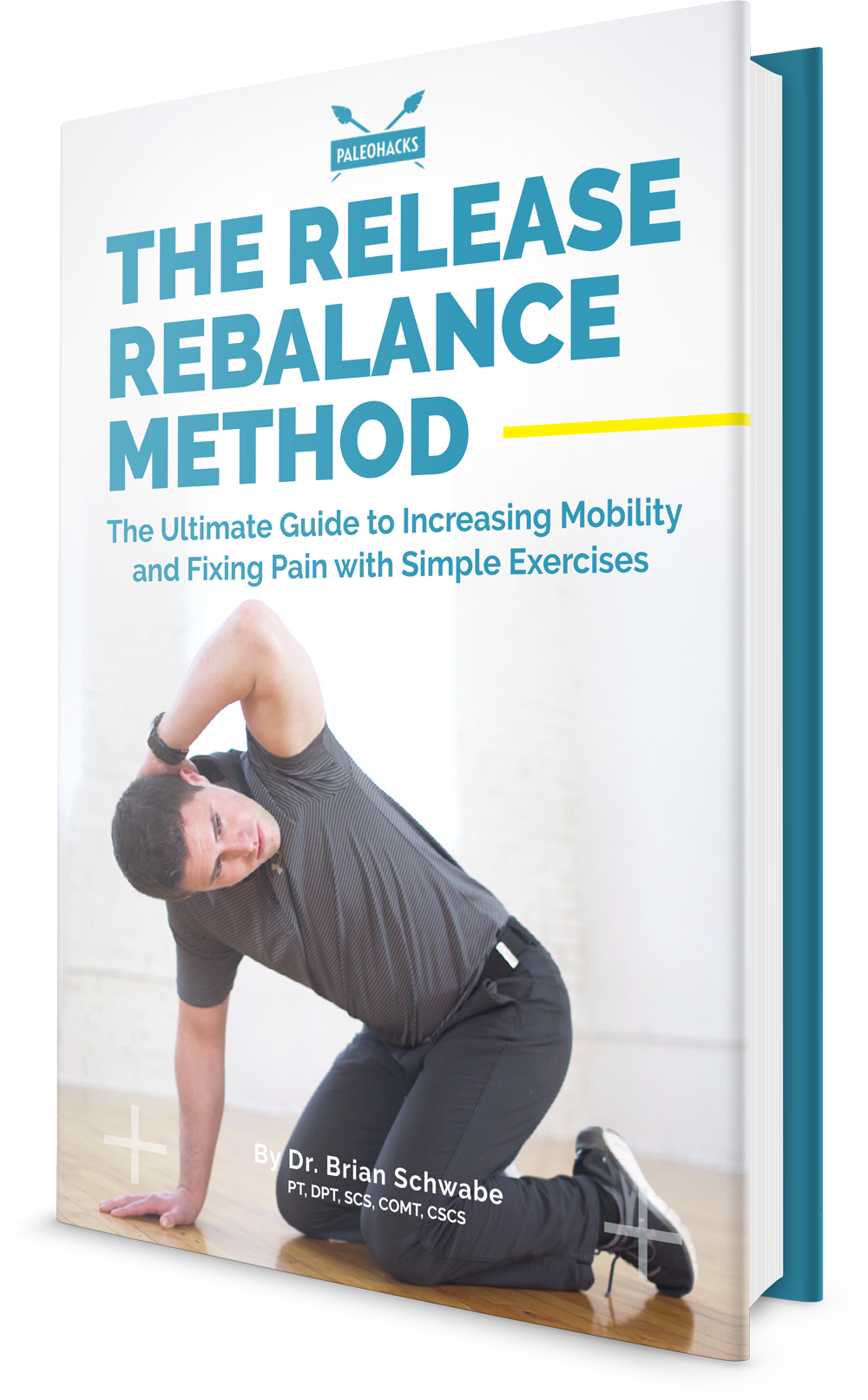- Home
- About Us
- TSPT Academy
- Online Courses
-
Resources
- Newsletter
- Business Minded Sports Physio Podcast
- Day in the Life of a Sports PT
- Residency Corner
-
Special Tests
>
-
Cervical Spine
>
- Alar Ligament Test
- Bakody's Sign
- Cervical Distraction Test
- Cervical Rotation Lateral Flexion Test
- Craniocervical Flexion Test (CCFT)
- Deep Neck Flexor Endurance Test
- Posterior-Anterior Segmental Mobility
- Segmental Mobility
- Sharp-Purser Test
- Spurling's Maneuver
- Transverse Ligament Test
- ULNT - Median
- ULNT - Radial
- ULNT - Ulnar
- Vertebral Artery Test
- Thoracic Spine >
-
Lumbar Spine/Sacroiliac Joint
>
- Active Sit-Up Test
- Alternate Gillet Test
- Crossed Straight Leg Raise Test
- Extensor Endurance Test
- FABER Test
- Fortin's Sign
- Gaenslen Test
- Gillet Test
- Gower's Sign
- Lumbar Quadrant Test
- POSH Test
- Posteroanterior Mobility
- Prone Knee Bend Test
- Prone Instability Test
- Resisted Abduction Test
- Sacral Clearing Test
- Seated Forward Flexion Test
- SIJ Compression/Distraction Test
- Slump Test
- Sphinx Test
- Spine Rotators & Multifidus Test
- Squish Test
- Standing Forward Flexion Test
- Straight Leg Raise Test
- Supine to Long Sit Test
-
Shoulder
>
- Active Compression Test
- Anterior Apprehension
- Biceps Load Test II
- Drop Arm Sign
- External Rotation Lag Sign
- Hawkins-Kennedy Impingement Sign
- Horizontal Adduction Test
- Internal Rotation Lag Sign
- Jobe Test
- Ludington's Test
- Neer Test
- Painful Arc Sign
- Pronated Load Test
- Resisted Supination External Rotation Test
- Speed's Test
- Posterior Apprehension
- Sulcus Sign
- Thoracic Outlet Tests >
- Yergason's Test
- Elbow >
- Wrist/Hand >
- Hip >
- Knee >
- Foot/Ankle >
-
Cervical Spine
>
- I want Financial Freedom
- I want Professional Growth
- I want Clinical Mastery
 From my own experiences with knee injuries and my clinical experiences, I do not place much faith in 'special tests' for the knee, especially regarding the meniscus. Following my knee injury, I had clicking and popping, joint line tenderness, pain with flexion and extension overpressure, and a positive McMurray's Test. I had 5/5 predictors for a meniscal tear (I also had a positive Thessaly's test). My MRI showed partial MCL and ACL tears without meniscal involvement. It is my understanding that the popping was occurring from swelling in the joint creating poor joint mechanics. During this experience I did not exhibit any locking or catching, which are two other significant symptoms for referral to Orthopedics. From my past clinical experiences, I would reason that persistent locking and painful catching are two symptoms that warrant orthopedic referral with high potential for surgery.
 Bottom line: The symptoms don't always match the anatomical tissue involved. Educate your patients that clicking, popping, and locking may be due to swelling, poor NM control, and joint hypomobility. Additionally, educate the importance of high repetition, low resistance exercise to directly target healing of the meniscal tissue. We must treat the impairments present and specifically target the type of tissue involved! I have included both the study from Finland and an article from Regenix. There is obvious bias in the Regenix article so read the literature contained in the article too. Finnish Study Regenix Article -Jim Like this post? Check out TSPT Insider Access Page for more exclusive information.
2 Comments
chad
3/18/2016 08:50:16 am
I really think we need to de-emphasize the importance of special tests and focus on impairment/functional losses. I thought it was interesting that you mentioned STs for the knee. From personal experience and from a few case studies I have seen (pardon the lack of citation), patients that have (+) Mcmurray or Thessalys suddenly have a (-) test after a Mckenzie exam and repeated knee extension based on directional preference. Makes a good case for PT care,
Reply
Harrison
4/2/2016 04:00:31 pm
Hey Chad, I agree. I've managed now several patients (I posted about one in the Guest page a few months ago) who were positive for all 5 meniscal tests using repeated extensions, repeated tibial IR and/or repeated back extensions (those happened to be the DP's). Within even a few sessions, most patients have either significantly reduced or completely eliminated their pain.
Reply
Leave a Reply. |
Dr. Brian Schwabe's NEW Book in partner with PaleoHacks!
Learn residency-level content on our
Insider Access pages We value quality PT education & CEU's. Click the MedBridge logo below for TSPT savings!Archives
July 2019
Categories
All
|






 RSS Feed
RSS Feed